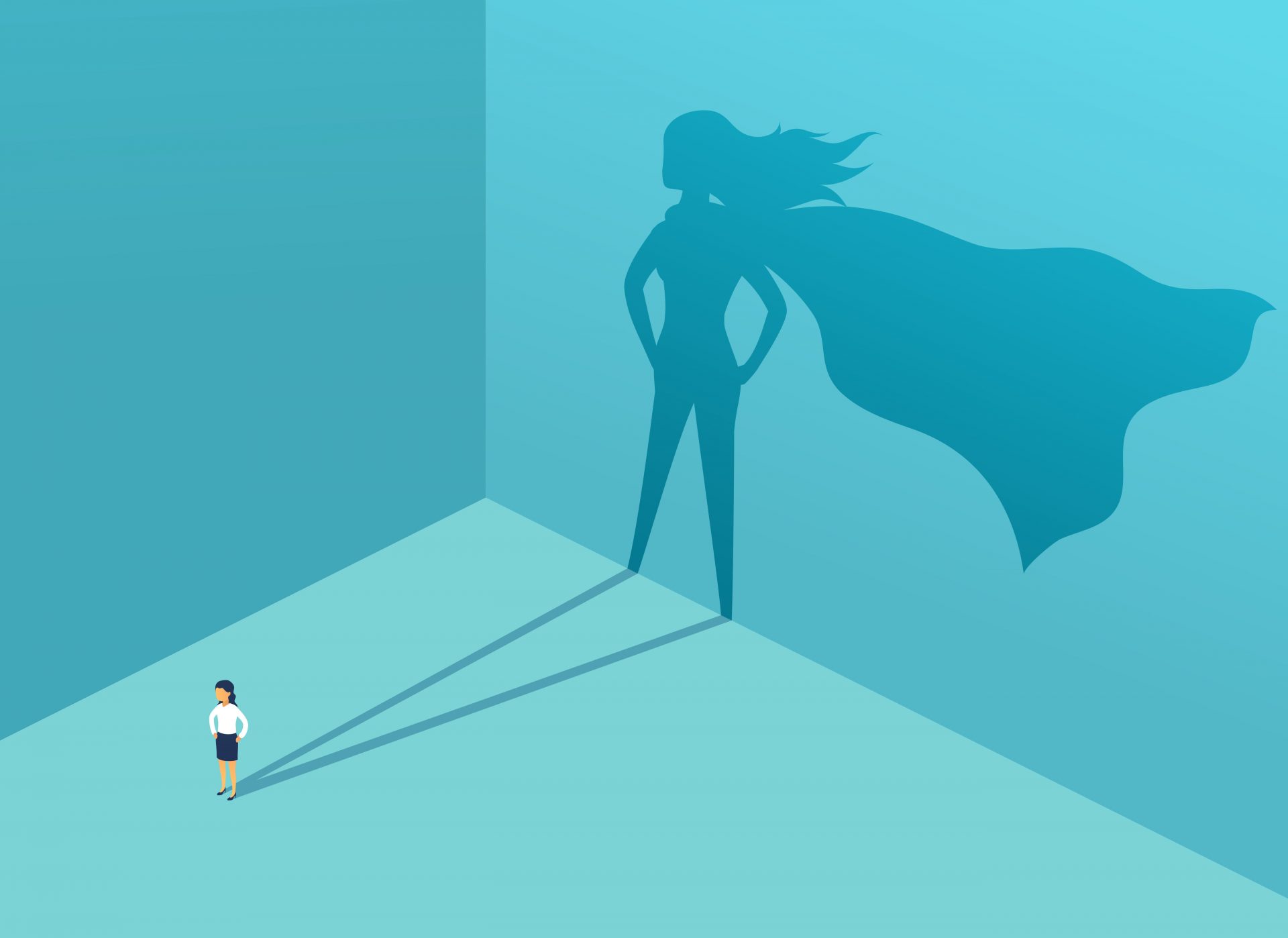Written by Amy Beecham
When your friends are in crisis, are you the one they call? Do you struggle to say no to requests for help and do people tend to open up to you even when you’ve just met them? Do you remember every birthday, job interview, anniversary, important date and life detail?
If you’re doing all of the above and more, it’s likely you’re what’s known as a “super-helper”. Coined by psychologists Jess Baker and Rod Vincent, the term describes people who have a compulsion to help others while neglecting to meet their own needs. More than simply being a “good friend”, super-helper syndrome involves a compulsive need to assist others – even when they might not need it – and it can actually do more harm than good.
According to Baker and Vincent, who authored The Super-Helper Syndrome: A Survival Guide For Compassionate People on the subject, super-helper syndrome affects mental health in four main ways.
Exhaustion
As they tell Stylist, many helpers run on empty and take this for granted. “Perhaps you are tired all the time and have no time for yourself,” they explain. “You might not be sleeping well, and all this can leave you feeling irritable, tetchy or just weighed down.” Signs that you’re not meeting your own needs include feeling guilty about looking after yourself, struggling to express what you really need in life and regularly using excuses like ‘I’m fine, you carry on’.
Resentment
“People who help compulsively are stretched out like an elastic band that’s eventually going to snap,” say Baker and Vincent. Because despite super-helpers saying they don’t want anything in return for helping, the reality is that it’s hard to keep going indefinitely with little reward. At the very least they need thanks and recognition.
“Resentment is an unhealthy and self-defeating emotion,” they continue. “It’s also the last thing that compassionate people want to feel. It goes against everything they believe about themselves.”

Exploitation
While they may not like to face it, super-helpers are being exploited by the people around them, knowingly or not. Because if you never express any needs, then it’s easy (and convenient) for other people to act as if you don’t have any, to take advantage of your helping.
“If you give the impression you want nothing in return, you get nothing in return,” say Baker and Vincent. “Our society operates on the exploitative principle that compassionate people are willing to dedicate themselves to caring for others for little reward.”
Self-criticism
It’s true that those who are good at looking after others are often less kind to themselves. “Helpers’ self-criticism typically operates on two levels,” they explain. “They criticise themselves for not helping enough (helper’s guilt). On top of this, they criticise themselves for experiencing the other three adverse impacts of the super-helper syndrome: for feeling exhausted, resentful or exploited.”
The inner critic is exceptional at undermining compassionate people, so it’s important to learn how to silence it.
Jess Baker and Rod Vincent are chartered psychologists and authors of The Super-Helper Syndrome: A Survival Guide For Compassionate People (£18.99, Flint Books), out now
Images: Getty
Source: Read Full Article
